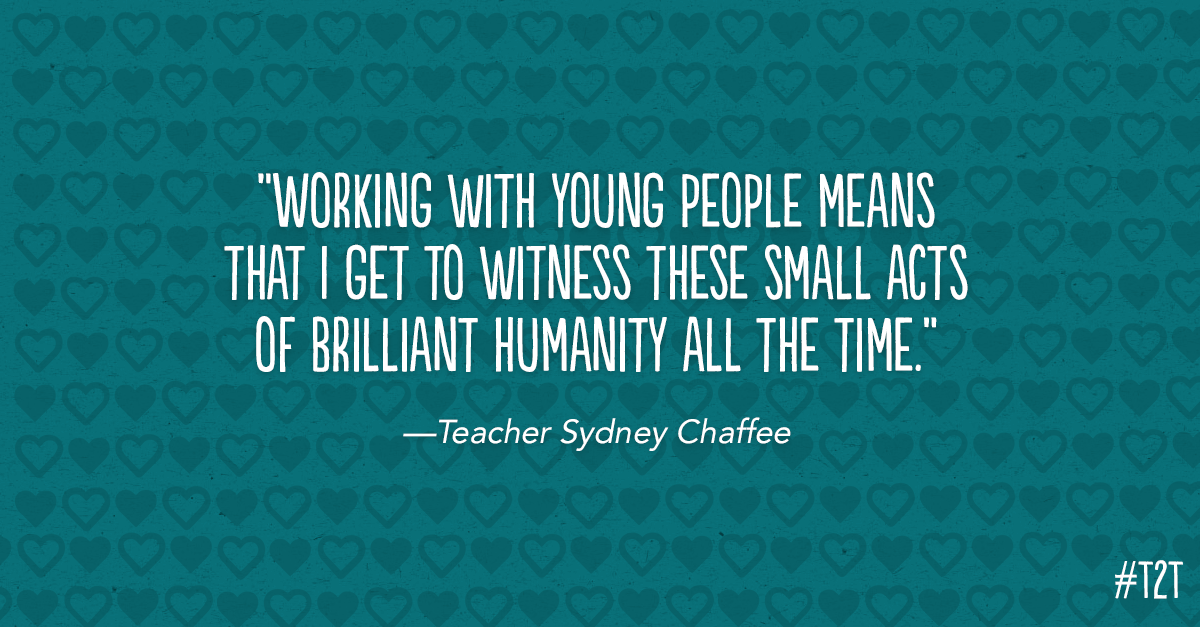As teachers, it’s up to us to make sure our students learn their histories, especially our Black students – whose stories have never been centered in the curriculum. That means we need to prioritize our own learning, and it also means we need to look for ways to bring Black history into our curriculum throughout the year – no matter what subject we teach.
For example, I teach environmental science, and when I get to my agriculture unit, I always teach about George Washington Carver and the crop rotation. I teach my students that we need to ask questions about the history we learn. Because yes, George Washington Carver developed a few hundred ways to use peanuts, and I can teach you about those innovations. But the real question is: Why was he doing all this work with peanuts in the first place?
And that’s because, in the South at the turn of the 20th century, the overproduction of cotton had depleted the soil of nutrients. Many formerly enslaved people were now working under the oppressive sharecropping system, and poor soil quality prevented them from growing enough food for both themselves and their landlords. Restoring the soil was key to those farmers’ ability to get closer to true liberation, and George Washington Carver saw crop rotation as part of the answer.
By planting peanuts, George Washington Carver was restoring the soil and working for justice. And his story connects with so many pieces of Black history in this country. So here we are in science class, talking about soil conservation and how peanuts are nitrogen rich – and now we also know a little bit of our history that we didn’t know before. I know this may sound basic, but some of the most important things we can do as teachers are basic.
Black history isn’t something to squeeze in during Black History Month. Black history isn’t just for history teachers. Black history is part of everything we teach. Every educator has a role to play in developing our students’ understanding of the problems and successes at the heart of their communities, past and present. It’s up to us to open the world to our students and lead them in inquiry, so they can discover their part in it.
How do you bring Black history into your teaching year-round?



